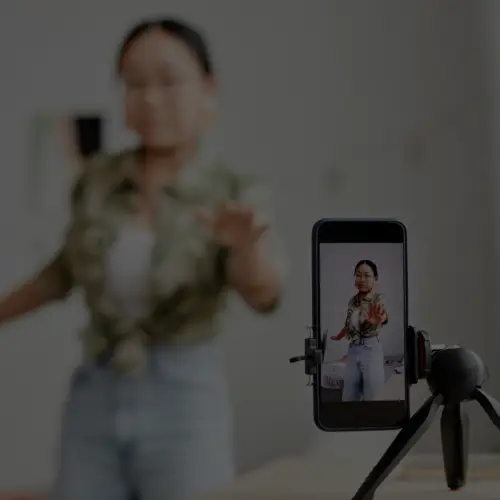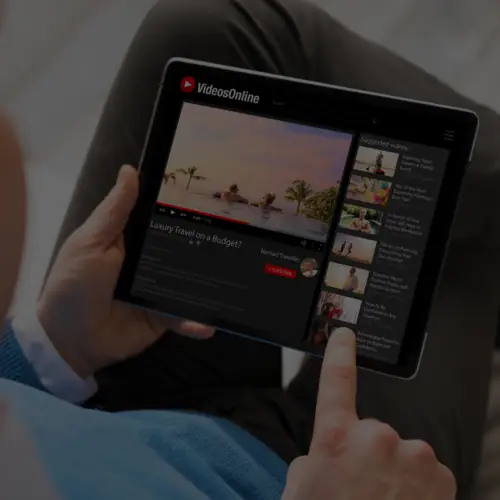21 Nov Facebook Punishing Overly Promotional Posts
The Facebook News Feed has undergone a lot of changes recently, but perhaps the most upsetting (but highly expected) update for marketers is the recent announcement by Facebook that it will be reducing the organic exposure of “Promotional Posts” in the news feed around Q1 of 2015.
Facebook Algorithm Update: Reducing Organic Reach of ‘Promotional Content’
In case you haven’t had time to read about this latest update, Facebook is trying once again to “serve their users better”, claiming that a recent survey of Facebook users uncovered that “people wanted to see more stories from friends and Pages they care about, and less promotional content”. The result? Facebook will begin reducing the organic reach of what they deem “promotional posts” from brands.
How are ‘Promotional Posts’ on Facebook Defined?
Determining what constitutes ‘promotional Facebook content’ is still a bit open for interpretation, but Facebook has provided the following examples of what ‘overly’ promotional content may look like below:
- Posts that solely push people to buy a product or install an app
- Posts that push people to enter promotions and sweepstakes with no real context
- Posts that reuse the exact same content from ads
In case this is confusing to marketers, they were nice enough to mock up post examples of what “promotional posts” may look like:
How Will Facebook be Monitoring ‘Promotional Posts’?
In true Facebook fashion they haven’t outright told marketers how they plan to police this change, but the following are some of our opinions on how this may be monitored:
- Amount of users hiding content: Similar to the method Facebook uses to determine if an ad is quality, Facebook may flag brands that have a high organic “hide rate” from users.
- Keyword/Link to Website triggers: Another approach Facebook could take is to scan posts for trigger words that come off as ‘spammy’ (deal and discount language, etc.) or brands that frequently link to website product pages (again, just speculation).
- Additional user polling: We’ve already noticed some of this already happening (see screenshot to the right for an example). When some of us here have logged into Facebook, we’re prompted with a survey that pulls a random piece of content from a brand on Facebook and a scale for a user to rate whether it was promotional or not. These polls could continue and be Facebook’s method of flagging brands for further investigation.

How this Change helps Facebook more than the User
According to Facebook, “pages that post promotional creative content will see a decrease in organic distribution over time; however, the majority of Pages will not be impacted by this change”. The irony to this statement is that most pages have been forced into paying to promote the majority of content, and therefore won’t be impacted.
The entire move to “reduce promotional posts” is a strategy they are using to force brands to pay to play while appearing to the end user to truly care about what they want. If Facebook was serious about responding to what users want, it would police paid content as well as organic content and eliminate paid products with the sole intention of ‘Website Conversions’ or ‘App Installs’.
Facebook claims users will not see an increase in the number of ads people see in their News Feeds, which would mean one thing: prices for this type of paid promotion will come at a price.
What Should Brands Do as Facebook Starts to Punish Promotional Content?
Brands should continue to focus on creating high quality, highly engaging content, and should carefully evaluate promotional posts. Consider the following areas of your content strategy to try to avoid being penalized by Facebook:
- Creative and copy of posts driving to websites or products
- Updates that pushing to a sweepstakes/contest (not supported with paid)
- Pushing products in an overly “salesy way”
- Using too many “trigger words” that could deem a post “promotional”
- Deal discount language “Buy Now, On Sale Now, etc.”
- Links to product pages/offers
When the updates go into effect in Q1, closely monitor content performance based on previous benchmarks to determine if your post reach is being impacted.









